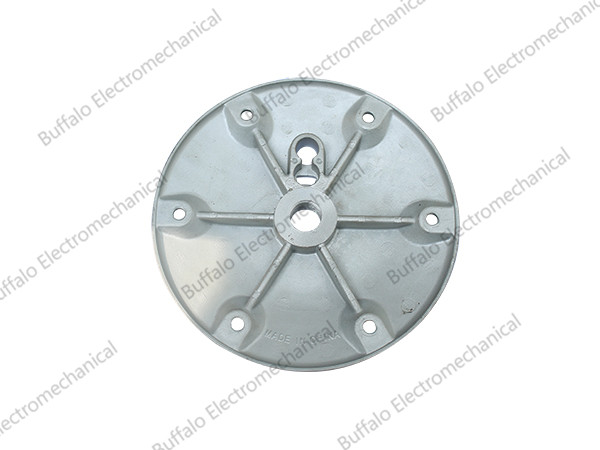Site Search
What effect does material have on the casting of alloy steel castings
Each furnace uses an element analyzer to measure and analyze the material composition of different materials on site. Due to defective or high material composition, precision casting is not allowed to ensure the quality and reliability of the product.
1. In view of the poor liquidity of molten steel, the thickness of alloy steel castings should not be less than 8mm to prevent cold isolation and casting defects of alloy steel castings; the gating system has a simple structure and a larger section than cast iron. Use dry casting or hot casting; increase the casting temperature appropriately, generally 1520 ~ 1600℃. Due to the high pouring temperature, high degree of overheating of molten steel and long liquid maintenance time, fluidity can be improved. However, if the pouring temperature is too high, it will cause defects such as rough crystals, thermal cracks, pores and sand. Therefore, usually small, thin-walled and complex castings have a casting temperature of about the melting temperature of steel + 150°C; the casting temperature of large thick-walled castings is about 100°C higher than the melting point.
2. Since the shrinkage rate of cast steel is higher than that of cast iron, in order to prevent shrinkage and porosity of castings, risers, refrigerants and subsidies are often used in the casting process to complete continuous solidification. In addition, in order to prevent shrinkage, porosity, porosity and crack defects, the wall thickness of alloy steel castings should be symmetrical to prevent sharp angles and right-angle structures. Sawdust, mold cores and cola are added to sand casting molds, and hollow cores and oil cores are used to improve Concession and permeability of the sand mold or core.

Cast steel has high melting point and high casting temperature. At high temperatures, the molten steel and the mold material affect each other, and it is easy to produce sand sticking. Therefore, the casting mold should be made of highly refractory artificial quartz sand. The surface layer of the mold should be coated with quartz powder or zirconium powder.

Contact: Manager Zhao
Mobile: 13601426446
Address: Qindong Industrial Park, Dongtai City